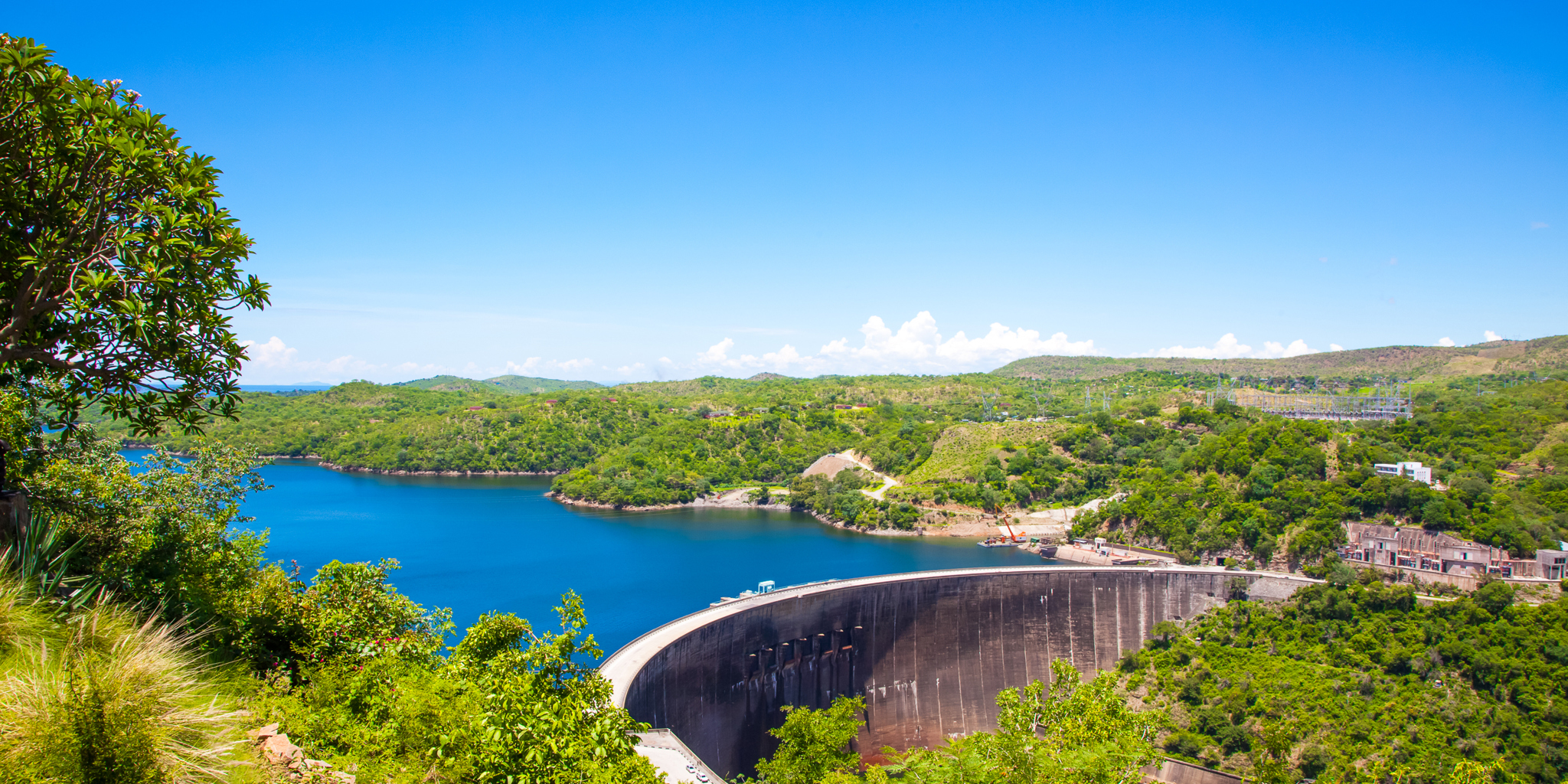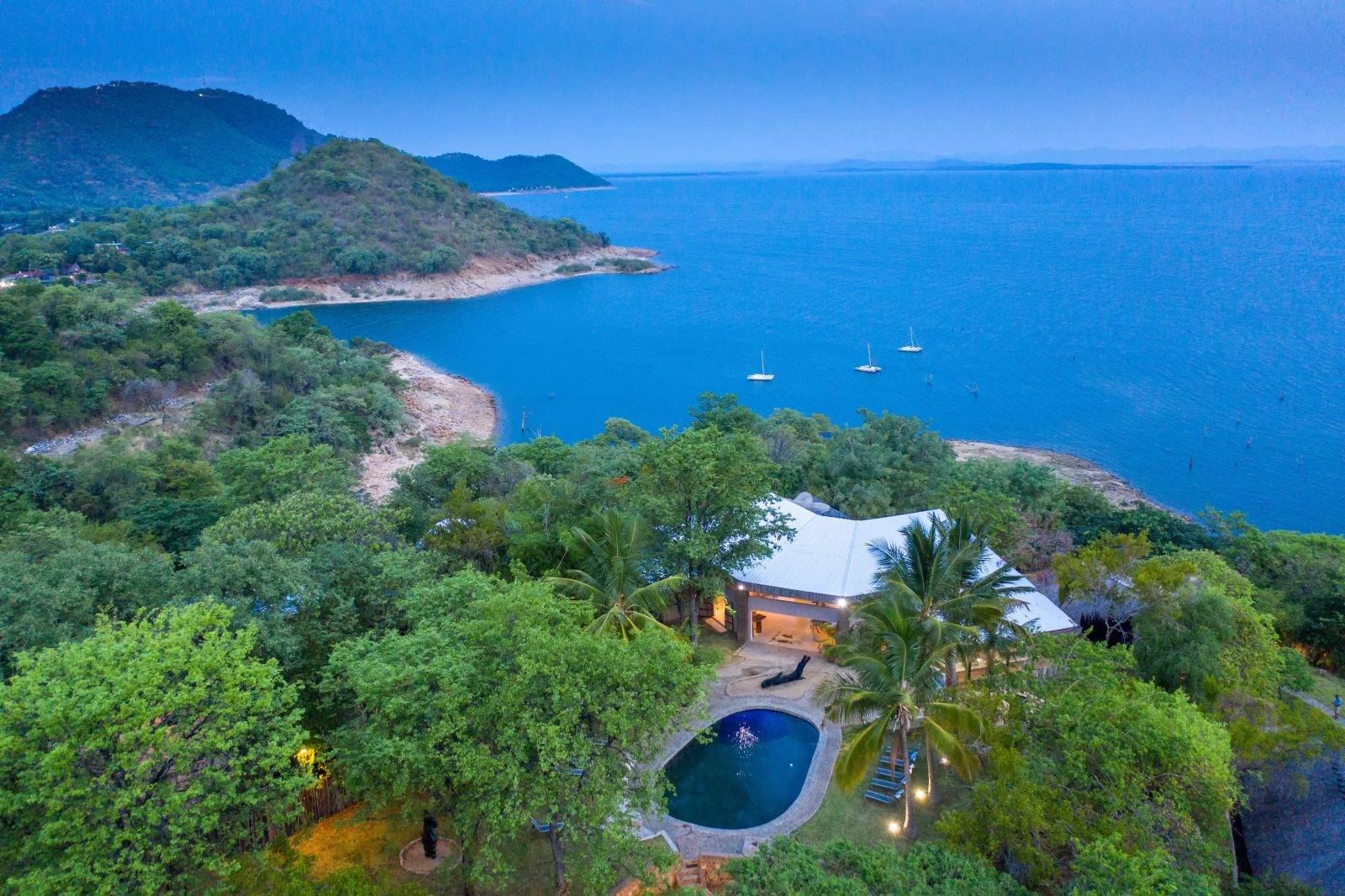



Lake Kariba is the world's largest artificial lake and reservoir by volume. It lies 1,300 kilometres upstream from the mouth of the Zambezi river on the Indian Ocean, along the border between Zambia and Zimbabwe. Wikipedia
May to October (Dry Season):
Cooler, sunny days and less humidity — perfect for wildlife spotting and boat trips.
November to April (Wet Season):
Hot and humid with frequent rains; the landscape is lush and green but some roads may be less accessible.
By Air:
Fly into Kariba Airport (small domestic airport), with flights from Harare and other regional hubs.
By Road:
About 3–4 hours by car from Harare.
Roads are generally in good condition but check local conditions during rainy season.
By Boat:
Cruises and boat transfers operate on the lake itself, linking lodges and attractions.
Lake Kariba itself:
Massive, serene lake perfect for fishing, boating, and relaxation.
Matusadona National Park:
Located on the southern shore; excellent for game drives, birdwatching, and boat safaris.
Kariba Dam:
One of the largest dams in the world, impressive engineering landmark.
Fishing:
Renowned for tigerfish and bream — a paradise for anglers.
Wildlife Viewing:
Hippos, crocodiles, elephants, and a variety of bird species along the lake and in surrounding parks.
Boat safaris to spot wildlife and birds.
Sport fishing for tigerfish, one of the world’s most exciting freshwater game fish.
Sunset cruises with stunning panoramic views.
Game drives and walking safaris in Matusadona Park.
Visit local fishing villages for cultural experiences.
Photography and birdwatching — the lake area is a bird lover’s paradise.
Luxury:
The Bayete Guest Lodge, Antelope Park, The Horn Lodge.
Mid-range:
Fish Eagle Lodge, Camp Hwange Kariba.
Budget:
Kariba Backpackers and local campsites.
Many lodges offer freshly caught fish, grilled meats, and traditional Zimbabwean dishes.
Expect hearty meals with local ingredients — maize, greens, and wild game when available.
Some lodges provide fine dining experiences with lake views.
Communities around the lake rely on fishing and tourism.
Traditional fishing techniques and crafts are common.
The lake is central to local legends and storytelling.
Visitors often enjoy interactions with fishermen and village artisans.